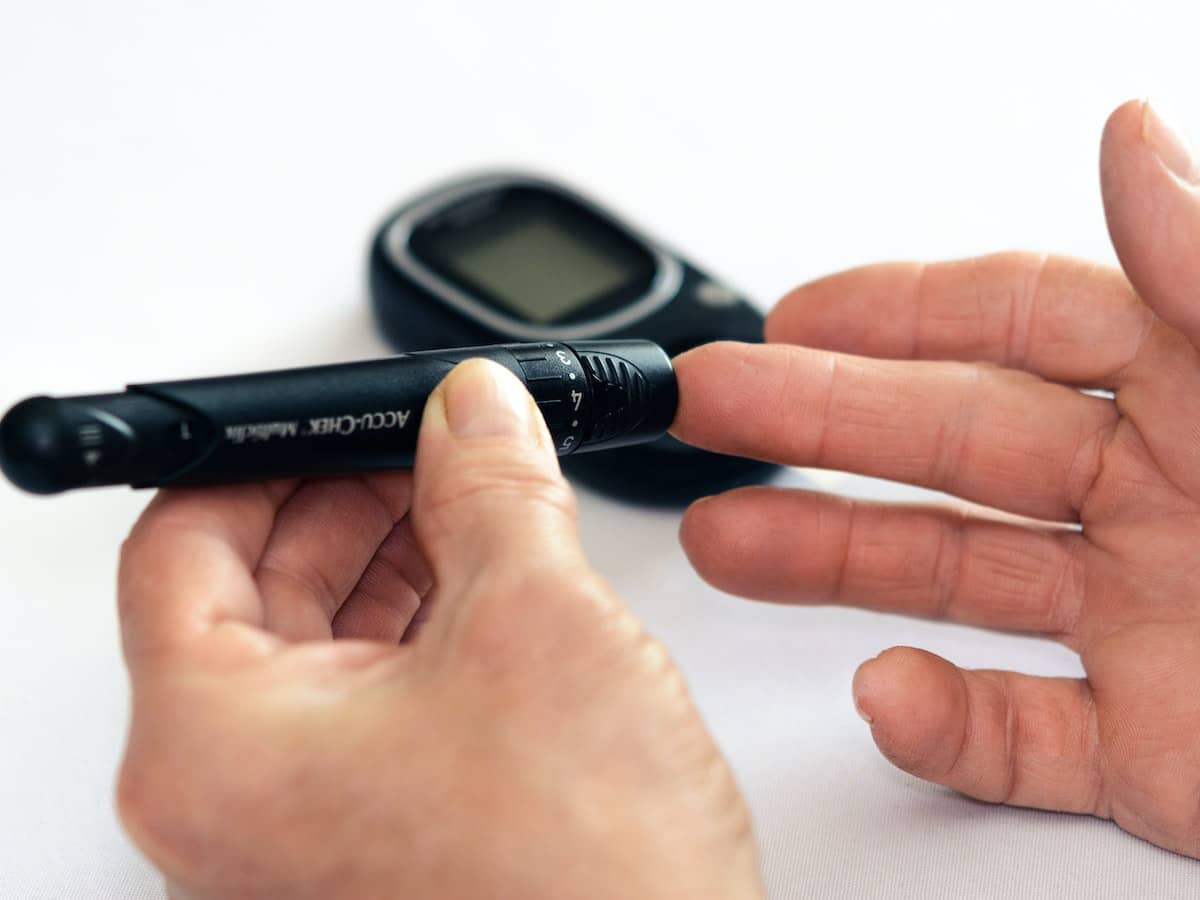Breast cancer myths [1-3] can really harm your health if they cause you to make the wrong decisions, especially not seeking regular medical care. Hundreds of cancer myths are floating around the internet. Over the next 4 days, I’ll try to clear the air about some of the most common breast cancer myths.
Let’s learn and use the truth.
MYTH—Mammograms will cause breast cancer to spread to other parts of the body.
A mammogram test does not cause cancer to spread. It is one of the best tests to detect cancer early before it spreads to other parts of your body. Studies show that mammograms can detect cancer an average of 1 to 4 years before you can feel a lump or bump. A regular mammogram can save your life. Most women should have their first mammogram at age 40, but if you have a family history of breast cancer, your doctor may recommend your first mammogram at age 35 or earlier.
MYTH—Bioidentical hormones are completely safe.
The FDA is not aware of any credible scientific evidence to support claims made regarding the safety of compounded bioidentical hormones. The Director of the FDA’s Office of Women’s Health states, "They are not safer just because they are natural.” The FDA points out that bioidentical hormones have not been studied in large clinical safety trials, so we don’t know if they are safe or not. Intuitively, we know that estrogen feeds breast cancer. Buyers beware.
MYTH—“I would feel pain if I had breast cancer, so I don’t need a checkup.”
Early breast cancer is not painful at all 90% of the time, so you can’t rely on the presence of pain to tell if you have cancer. Mammograms and self-exams are vital for detecting cancer. If you do have breast pain, chances are it isn’t breast cancer. More than likely it is a benign cause related to hormonal cycles, benign cysts, benign growths, or even a bra that is too small or poorly fitted. Still, it is better to be safe than sorry, so follow up with your doctor to determine the cause.
MYTH—Coral calcium cures breast cancer.
Coral calcium is not an effective treatment for breast cancer. The Federal Trade Commission has taken severe legal action against several marketers of coral calcium that claim it helps cure breast cancer. It is believed that some breast cancer patients delayed getting proper medical treatment because they were misled to believe that coral calcium could treat their disease. As a reminder, diet and lifestyle changes should be used in conjunction with drugs, surgery, chemotherapy, radiation therapy, and other treatments with the help of your doctor.
MYTH—“No one in my family has ever gotten breast cancer, so I can’t get it.”
About 70% of breast cancer cases have no known risk factors. While your risk of breast cancer is higher if your mother, sister, or daughter had breast cancer, the disease does not discriminate. Everyone has some risk of cancer, and many who get breast cancer have no known family history of disease. Be vigilant.
MYTH—Breast implants cause breast cancer.
Breast implants do not cause breast cancer, but they may make it more difficult to detect breast cancer with a mammogram or self-exam.
References:
1. National Cancer Institute. NCI Health Information Tip Sheet for Writers: Cancer Myths. URL: http://www.cancer.gov/newscenter/tip-sheet-cancer-myths
2. National Breast Cancer Foundation. Breast Cancer Myths. URL: http://www.nationalbreastcancer.org/About-Breast-Cancer/Myths.aspx
3. BreastCancer.org. Myths About Breast Cancer Risk. URL: http://www.breastcancer.org/risk/myths/
Get your FREE copy of FIGHT NOW by Aaron Tabor, MD and Lillie Shockney, RN with life-saving breast cancer risk reduction information. Choose to fight now against breast cancer. Beliefnet's goal is to give away 1,000,000 free breast cancer books during the month of October, so please share with your loved ones.
2020-04-28
2020-04-28
Beliefnet Editor
more from beliefnet and our partners

